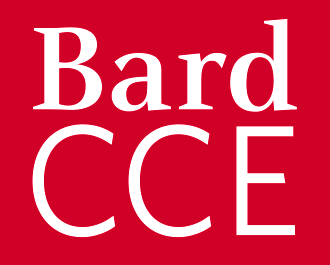This is the second post in a series on Barbara Goodwin’s classic work on sortition Justice by Lottery, University of Chicago Press, Chicago, 1992. The first post is here.
At the start of Justice by Lottery, Barbara Goodwin gives an overview of the history of sortition, which in the beginning was bound up with war and religion. Victory in war meant division of the spoils and since most warriors were full time farmers in their day job (professional soldiers were an innovation of Phillip of Macedon), land grants (hence “lots” of land) to veterans for their service served as a sort of pension.
Tangibles as well as intangibles like power have been distributed by lot since early times. God instructed Moses to order the Jews to divide up tracts of land by lots, and this method of distribution is frequently mentioned in the Old Testament. Land in Athenian colonies was distributed by lot to cleruchs (veterans), and the Romans also parcelled out landholdings for veteran soldiers by lot, to ensure that the most fertile land was impartially distributed: this too, presumably, was God’s reasoning in the case of the Jews.
The Greek word for veteran, “cleruch,” was bound up with clerisy or random distribution. It is also the root of a common word for Christian leaders, clergy. In Christianity, the practice of electing officers at every meeting by lot may have been common in early centuries, but later the clergy disapproved and the practice was restricted to heretical outliers, such as the Gnostics. In Hellas, random choice was not primarily religious, as Goodwin points out. “Despite the Greek predilection for giving political rituals a religious gloss, it appears that no divine weight was accorded.” It was also a Roman tradition, though in different form.
In Rome, the augurs had special responsibility for supervising lots as well as for reading entrails, and they adopted as their symbol the urn, from which lots were drawn. But the reasoning behind their usage of the lot also seems to be common-sense and secular: the lot was chiefly used as a convenient means of determining which of various necessary tasks would be performed by officers of equal rank, such as the two consuls.
Filed under: Academia, Books, Sortition, Theory | 9 Comments »



 Noted American Constitutional scholar Sanford Levinson seems to have recently read David Van Reybrouck’s Against Elections.
Noted American Constitutional scholar Sanford Levinson seems to have recently read David Van Reybrouck’s Against Elections.  “Republic” means, more or less literally, “a government serving the public interest”. According to Thucydides, Pericles thought that this is also what democracy means:
“Republic” means, more or less literally, “a government serving the public interest”. According to Thucydides, Pericles thought that this is also what democracy means: This is the first post in a series dealing with the book Justice by Lottery by Barbara Goodwin, University of Chicago Press, Chicago, 1992.
This is the first post in a series dealing with the book Justice by Lottery by Barbara Goodwin, University of Chicago Press, Chicago, 1992.
 An op-ed in LaLibre.be by Geoffrey Grandjean, teaching fellow at the University of Liège and director of the Institut de la Décision publique.
An op-ed in LaLibre.be by Geoffrey Grandjean, teaching fellow at the University of Liège and director of the Institut de la Décision publique.  On Saturday, April 18, 2020, at 4:00 pm – 5:00 pm EDT/GMT-4 the Hannah Arendt Center at Bard College will hold
On Saturday, April 18, 2020, at 4:00 pm – 5:00 pm EDT/GMT-4 the Hannah Arendt Center at Bard College will hold  (ii) Elections put the worst in power (whereas sortition does not)
(ii) Elections put the worst in power (whereas sortition does not)